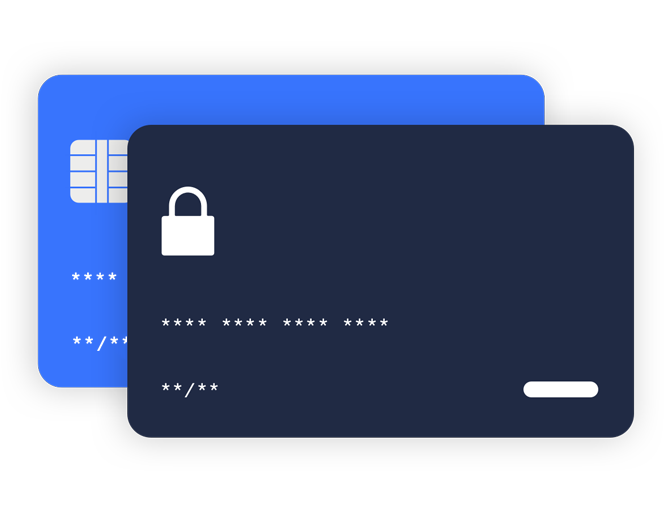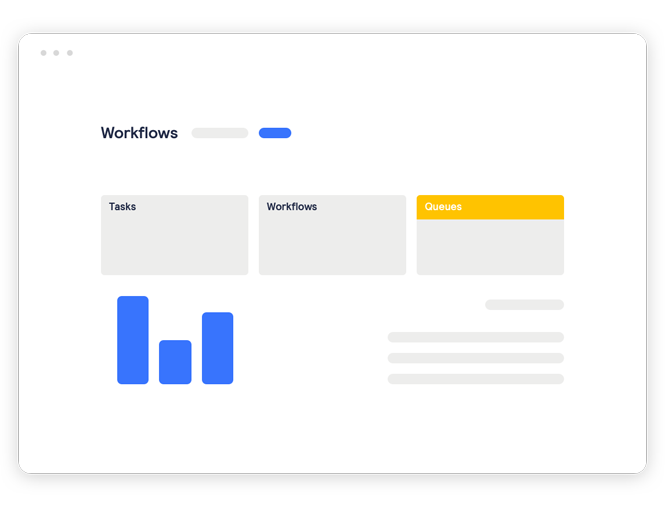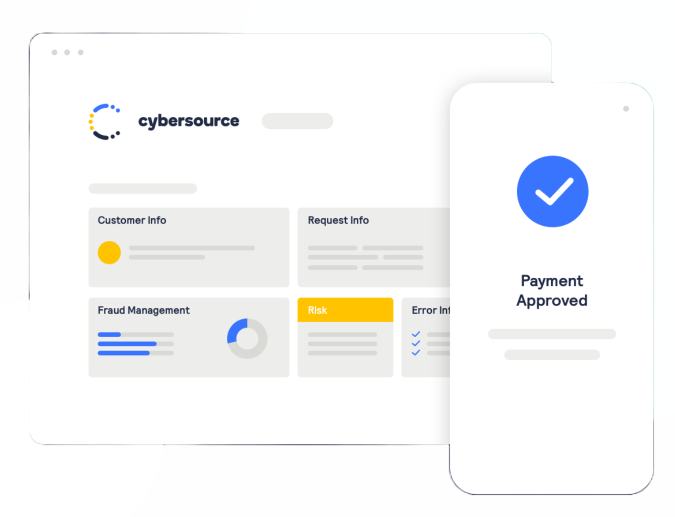Note: some items on this checklist, which are marked with an asterisk (*), require login access to merchants’ live accounts. Consult with merchants to gain account access, or request that your merchants follow these steps independently prior to going live:
Verify which payment types to support.
Ask your merchant which card types they wish to accept and whether they want electronic check processing through eCheck.Net. Plan your testing accordingly around these payment type
If needed, enable eCheck.net in production.*
Merchants may apply for our eCheck.Net service through their Authorize.net account. Log in to the merchant interface at https://account.authorize.net and under the Products & Services section click eCheck.Net. Review and complete the application, then review and accept the terms and conditions to submit the application. Allow up to three (3) business days for review. When we approve the merchant for eCheck.Net, or if we need supporting financial documentation, we will email the merchant.
Use the testing guide to ensure coverage of basic transaction responses.
The testing guide includes triggers that return specific responses for testing AVS, CVV, partial authorizations, eCheck.Net, and Account Updater. Use these triggers to ensure that your system can handle these conditions appropriately.
Use the response codes tool to troubleshoot error conditions.
If you encounter an error that you were not expecting during development or when going live, the response codes tool can provide steps for troubleshooting and resolving the error.


Configure and test your webhooks.
Webhooks automate notifications of events such as transaction status changes or profile updates. Our REST API enables your application to manage the webhooks remotely, or your merchant can manually manage the webhooks through the merchant interface.
Review production settings for the Advanced Fraud Detection Suite (AFDS).*
Merchants can enroll in our Advanced Fraud Detection Suite to filter their transaction activity against suspicious behavior such as card testing or mismatches between billing and shipping addresses. Log in to the merchant interface at https://account.authorize.net and under the Products & Services section click Advanced Fraud Detection Suite. Review our AFDS White Paper for more details on how AFDS can help protect your merchants. Also, consider implementing our API calls for remotely managing transactions held by AFDS filters.
Update all URLs and credentials to production values.
Review your API endpoints and ensure that they point at api.authorize.net, not apitest.authorize.net. Verify that your webhooks point at your live server and not a development server. Have your merchants log in to the merchant interface at https://account.authorize.net/ and generate the API Login IDs, Transaction Keys, Signature Keys, or Public Client Keys as required by your solution, then update the credentials in your solution to match.
Switch the account to process transactions in Live Mode.
Merchants may need to confirm that their account is in Live Mode before they begin sales. Log in to the merchant interface at https://account.authorize.net and click the banner that says, “Your account is in TEST MODE.” Click the switch to go from Test to Live. If you encounter errors after switching to Live Mode, review the error using the response codes tool and follow its recommendations.






